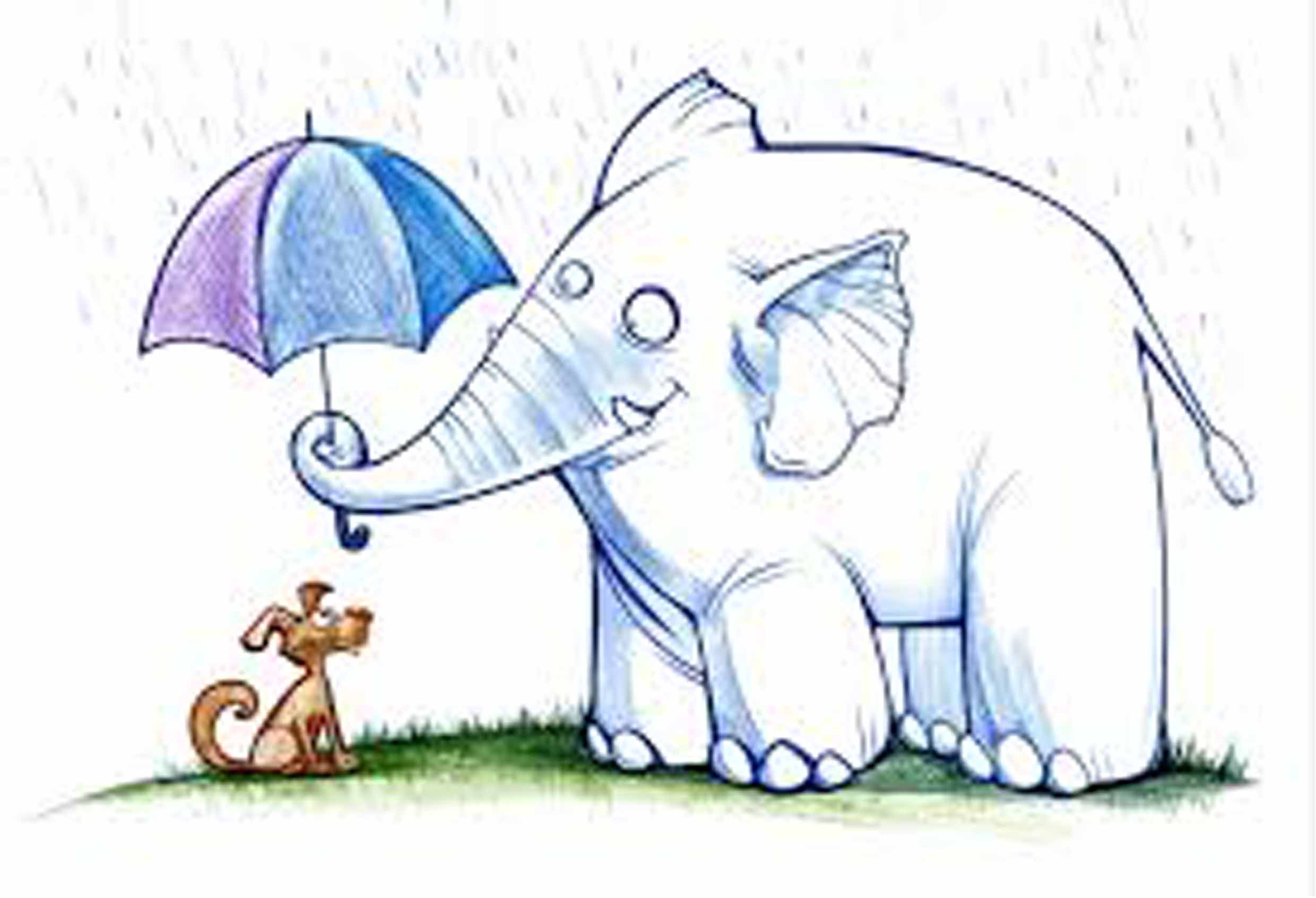No act of kindness, however small, is ever wasted.
-Aesop (620-564BCE)
The best portion of a good man’s life,
His little, nameless, unremembered acts
Of kindness and love.
-William Wordsworth
Kindness is an ethical virtue, and recognized as a value in many cultures and most religions. Aristotle (384-322 BC) defines it as being “helpfulness towards someone in need, not in return for anything, nor for the advantage of the helper himself, but for that of the person helped”.
Kindness, love, altruism, caring, generosity, and compassion, are considered “pro-social” behaviors. These behaviors are carried out to benefit another without anticipation of rewards from outside sources. Most experts believe that “real kindness” changes people in the doing of it, often in unpredictable ways.
The Christian apostle Paul lists kindness as one of the nine traits considered to be the ‘fruit of the spirit”.
“But the fruit of the Spirit is love, joy, peace, patience, kindness, goodness, faithfulness, gentleness, and self-control.” -Galatians 5:22
The Tirukkural (4th to 2nd century BC) Indian-Tamil works dedicates a separate chapter on kindness, along with hospitality, compassion, non-violence, non-killing, and vegetarianism. The Tirukkural is considered one of the greatest non-religious, secular works ever written on ethics and morality. It has been translated into more than 80 languages.
“Call them Brahmins who are virtuous
And kind to all that live”.
The Tirukkural
Dacher Keltner, Director of the Berkeley Social Interaction Laboratory and author of the book “Born to Be Good” (2017) writes that mammalian and hominid (all great apes including humans), have evolved the tendencies toward kindness, play, generosity, reverence, and self-sacrifice. He believes that these traits are vital to the tasks of evolution-survival, gene replication and the smooth functioning of the group (Scientific American, January, 2017).
Scientists have discovered that doing good promotes the feeling of good and the feeling of good makes us want to do more good. When we feel good about ourselves, we are more likely to reach out and help others. When we do good, we feel better emotionally and physically, as well. Research shows that there is a connection between loving, kind, and compassionate action and one’s physical and emotional well-being. Kindness heals. It heals the mind, the body and the spirit. The American author Ralph Waldo Emmerson summed this up: “It is one of the beautiful compensations of life that no man can sincerely try to help another without helping himself”.
I am over seventy now. I have had some life experiences. I have read the works of philosophers from Epicurus to Bertrand Russell. I am familiar with the teachings of all the major religions of the world. I have read most of their scriptures, including the Vedas (some of them), the Ramayana, the Mahabharata, the Bhagavad Gita, the Dhammapada, the Analects, the Old and the New Testaments and the Koran. If we compare all the world’s major religions, it is clear that they vary in certain ways. They differ, for instance, in traditions, rituals, belief in after life, reincarnation, heaven and hell etc. At the same time, there are aspects of religions which are strikingly similar: ethics and morality. One example is the Golden Rule:
Deal with others as you would be dealt with.
The Mahabharata
What I do not want others to do to me; I do not want to do to them.
The Analects (Confucius)
You shall treat your neighbor as yourself.
The Old Testaments
Treat others the way you would have them treat you; this sumps up the law and the prophets.
The New Testaments
In my view it is not that important whether one believes in a religion or not. But one should lead an ethical life. To be kind to all is the best among all the ethical behaviors.
The English writer, humanist, philosopher Aldous Huxley (1894-1963) said towards the end of his life: “It is a bit embarrassing to have been concerned with human problems all one’s life and find at the end that one has no more to offer by way of advice than try to be a little kinder.”
In the end probably is this simple and this difficult; kindness is the greatest thing we can offer to those around us and to ourselves.
Please be kind to all and be good !



